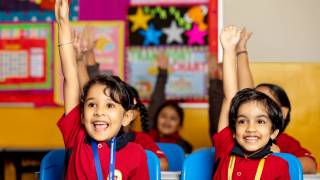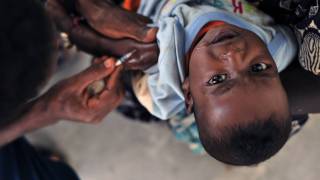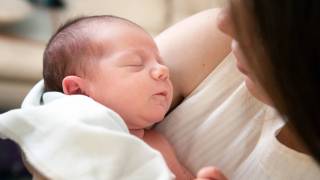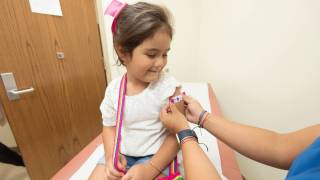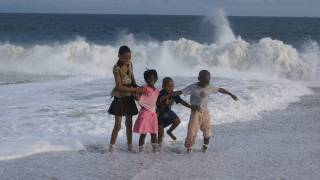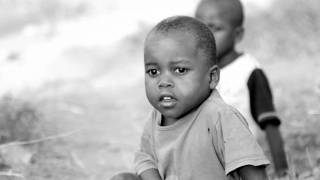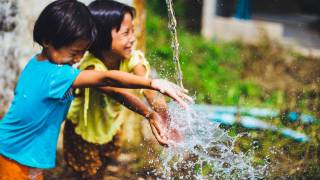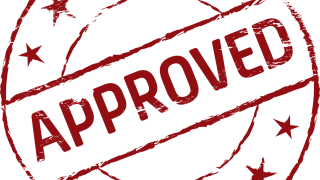Vaccination Week 2019 Targets Measles
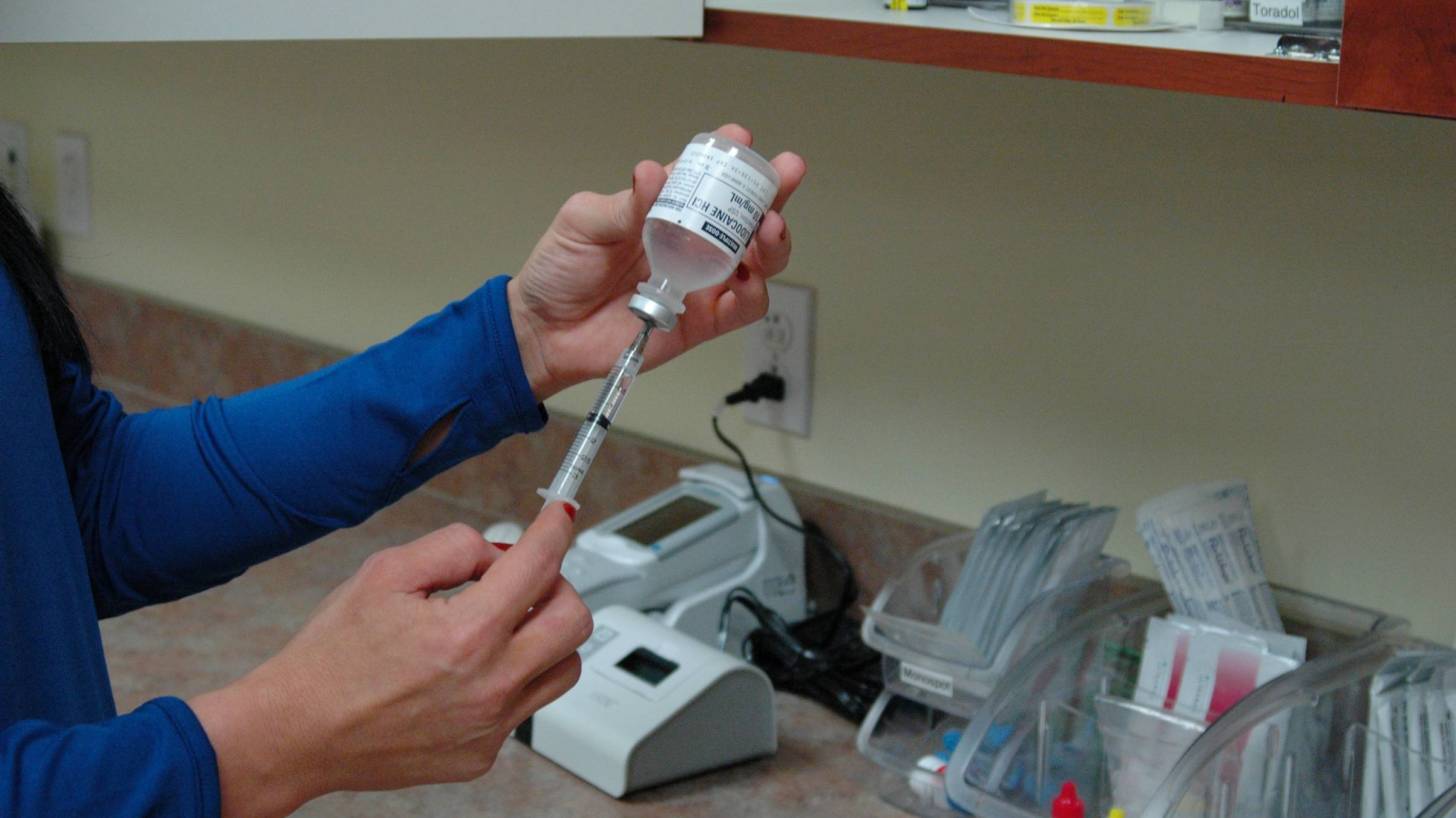
Vaccination Week 2019 ‘Protect Your Community, Do Your Part’ is a call to immunize 70 million people in the Americas with vaccines against measles, polio, influenza and the Human Papillomavirus.
This annual initiative is celebrated from April 20-27, 2019, led by the Pan American Health Organization (PAHO), aims to raise awareness of the benefits of vaccines and protect people.
This year’s theme has a special focus on ending the ongoing measles epidemic.
Around 22 countries in the Americas plan to vaccinate more than 2.25 million children and adults against this disease, which has reported outbreaks in several countries.
“It is the duty of each one of us to do our part in promoting vaccination whatever our role: from health workers to authorities, but also as parents, grandparents, teachers, mayors, and community leaders.” Director of PAHO, Carissa F. Etienne.
In the last 17 years, more than 740 million people of all ages have been vaccinated against a wide range of diseases during Vaccination Week.
A variety of strategies will be employed, including fixed and mobile vaccination posts, vaccination brigades going house-to-house, communication efforts encouraging parents to bring their children to the nearest health centers, and the administration of school-based vaccination to reach older children and adolescents for booster doses.
Vaccination Week 2019 objectives:
- At least 20 countries plan to vaccinate more than 2.25 million children and adults against measles (Anguilla, Bahamas, Barbados, Belize, British Virgin Islands, Colombia, Costa Rica, Dominica, El Salvador, Grenada, Guatemala, Haiti, Honduras, Jamaica, Nicaragua, Paraguay, St. Maarten, Suriname, Turks and Caicos Islands and Uruguay).
- Brazil plans to implement a massive campaign against influenza, targeting a total of 50 million people.
- Another 11 countries (Chile, Colombia, Dominican Republic, El Salvador, Grenada, Honduras, Jamaica, Paraguay, Peru, St. Lucia, and Trinidad and Tobago) will also conduct influenza campaigns targeting various groups with the “southern hemisphere” formulation of the seasonal influenza vaccine, in preparation for the increased circulation of the virus in the coming months.
- At least 4 countries (Bolivia, Brazil, Colombia, and Ecuador) are including the vaccination against Yellow Fever in areas at risk of the disease
- Around 18 countries and territories, including Belize, Bermuda, Barbados, Bonaire, Dominican Republic, Guatemala, Honduras, Jamaica, Panama, Paraguay, St. Maarten, Trinidad and Tobago, and Uruguay, plan to vaccinate adolescents against HPV and carry out related promotional and educational activities.
- Sixteen countries seek to reach populations in situations of vulnerability, including pregnant and postpartum women, health workers, older adults, indigenous populations, individuals with chronic disease, and prisoners and prison workers, among other occupational risk groups and vulnerable populations.
- Several countries will focus their efforts on protecting occupational health workers against a range of diseases such as hepatitis B, tetanus and influenza.
- As part of Brazil’s Month of Vaccination of Indigenous Peoples, a combined effort of the National Vaccination Program and the Department of Indigenous Health, the aim is to update vaccination schedules of approximately 695,782 people in indigenous communities, in addition to administering the annual dose of the influenza vaccine. This effort will require the participation of around 3,500 health professionals.
Relevant Links: CDC vaccination schedules, CDC vaccine price list, international travel alerts, and report vaccine side effects.
Our Trust Standards: Medical Advisory Committee



